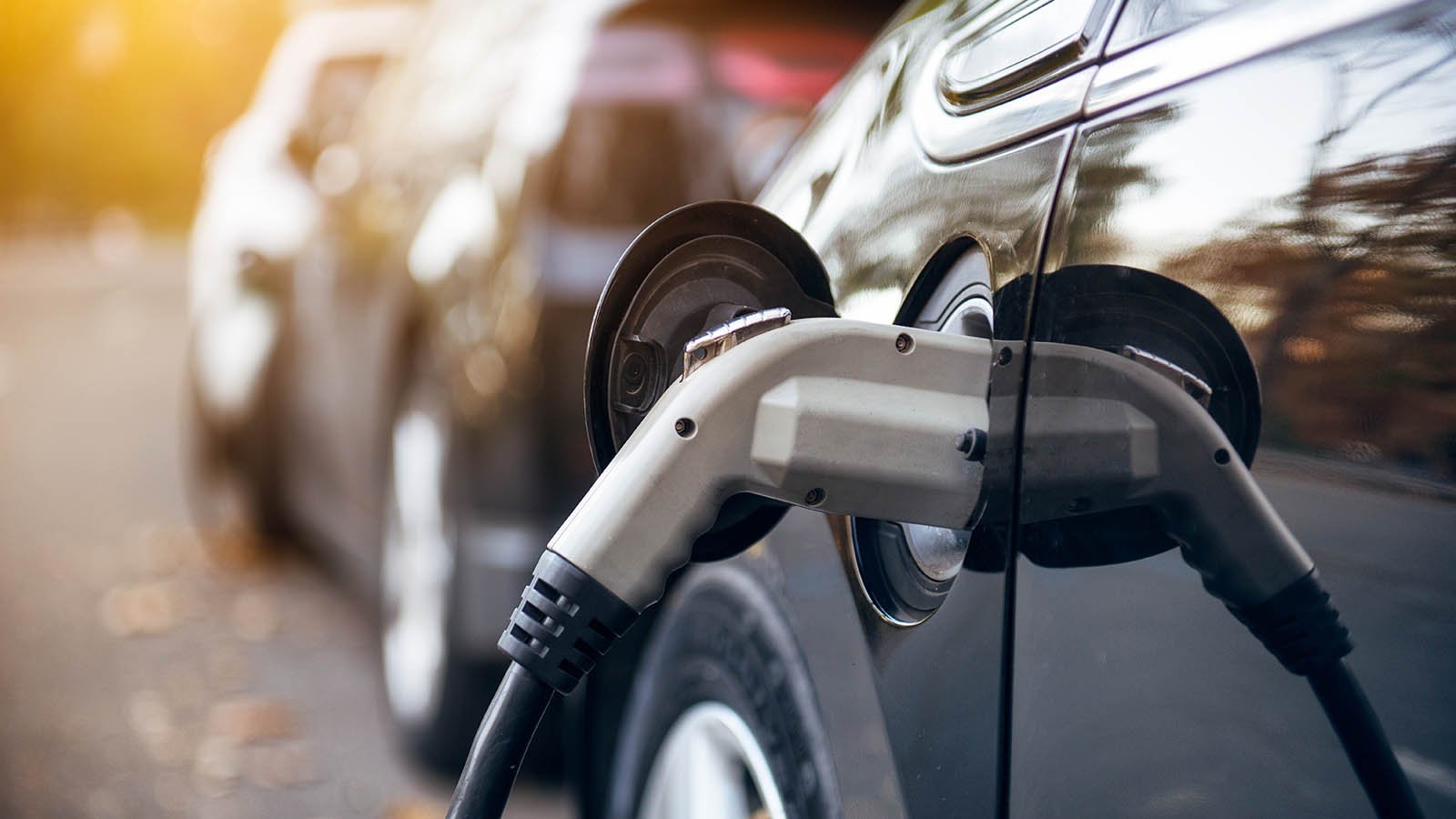By now, most investors are probably inundated with information regarding special purpose acquisition companies or SPACs for short. I’ve mentioned this before and I’ll mention it again: I’m tired of writing about them. But Hennessy Capital Acquisition Corp IV (NASDAQ:HCAC), which is scheduled to merge with electric vehicle firm Canoo, is worth examining. Yeah, HCAC stock is another EV play, but it’s going in a unique direction.

The most conspicuous evidence of this movement against the grain is Canoo’s namesake micro-bus-style EV. Featuring the capacity to fit seven passengers, the vehicle has a clean, almost androgynous exterior, akin to something you’ll find in a science-fiction movie. Granted, to me it resembles an old-school toaster on wheels, so it won’t appeal to everyone. However, it screams hipster, which is beneficial for HCAC stock.
Further, as InvestorPlace columnist Mark Hake noted in his article about Canoo, the company says that its EV utilizes a flat, skateboard architecture. Essentially, this format “delivers the highest usable interior space in its class,” Canoo added. Passengers can make full use of that space, with seating similar to what you might find in a stretch limousine. Most importantly in my opinion, as Hake noted, “Canoo says these EVs will be highly efficient to produce and can allow them to modularly design new EVs for different end-users.”
Naturally, this is significant because as EVs find mainstream adoption, consumers will have varying tastes. While the boxy toaster look will appeal to “hipsters,” not everybody is a “hipster.” Through a single-base architecture, Canoo can basically adapt to shifting consumer demands, reducing some fundamental risks associated with HCAC stock in particular and start-up EV companies in general.
At the same time, with so many EV competitors around, it’s fair to wonder if HCAC stock can deliver the goods for shareholders over the long run. Hake believes it can, although I think that will depend on the success of its subscription-based business model.
The EV Industry Has Curious Nuances for HCAC Stock to Navigate
One of the defining characteristics of Canoo, one that sets it apart from most automakers, is that it won’t sell its own cars. I’ll let the other InvestorPlace columnist Hake, explain:
“It only offers a subscription model. This is a lease of the EV, but with no definitive lease term and no down payment, both of which are traditionally in car leases. Moreover, subscription ‘owners’ of Canoo vehicles do not have to pay DMV costs, maintenance costs, or issues with residual value.”
Management made a convincing argument that the automotive industry downplays the backend costs of their vehicles, only advertising the front-end costs. When you factor in all the costs associated with ownership, the price of vehicles is much, much higher.
In my view, Canoo’s distinct business model is intriguing and viable, but the price of the vehicle has to be right. Obviously, if the subscription cost is onerous – and remember, what’s onerous in the new normal could be lower than what it was pre-pandemic – then it doesn’t really matter how great the model is.
And that’s why I’m getting a little bit concerned about the longer-term outlook of HCAC stock. For instance, it’s absolutely true that the cost of lithium-ion battery packs has come down substantially. That enables companies like Canoo to manufacture compelling EVs at prices that would have been deemed impossible many years ago.
However, the adoption of EVs worldwide, while impressive from a percentage-growth perspective, has noticeably faded in recent years. Since 2018, EVs unit sales increased 10% globally, while battery-pack costs have dropped 25%. Thus, you would expect a bit more EV sales than what you’re getting.
Because between 2016 and 2017, battery costs declined by 25.3%, while EV unit sales increased nearly 58%. In other words, the return on investment of each dollar decline in battery costs is yielding fewer additional EVs sold.
That’s not me casting aspersions on HCAC stock. I’m just looking at industry data.
I’ll Buy That for a Dollar!
Ultimately, the outlook of HCAC stock will come down to the price of the company’s subscription.
On one hand, I believe the company has done all that it can to give itself the best chance for success. The skateboard architecture not only saves costs but is adaptable to future demand. As well, much if not most of the components that go into every one of Canoo’s EVs is manufactured in-house, insulating the company from supply-chain disruptions.
But on the other hand, the post-pandemic economy is a huge question mark. And going into 2020, the growth rate of global EV sales was less than stellar despite substantial decreases in battery costs. Logically, I don’t believe the EV ecosystem has changed for the better.
If you’re a conservative investor, I’d wait until President-elect Joe Biden loses the “elect” part of his title before buying HCAC stock. There are many economic headwinds that must be addressed before Hennessy Capital becomes a buy.
On the date of publication, Josh Enomoto did not have (either directly or indirectly) any positions in the securities mentioned in this article.
A former senior business analyst for Sony Electronics, Josh Enomoto has helped broker major contracts with Fortune Global 500 companies. Over the past several years, he has delivered unique, critical insights for the investment markets, as well as various other industries including legal, construction management, and healthcare.
